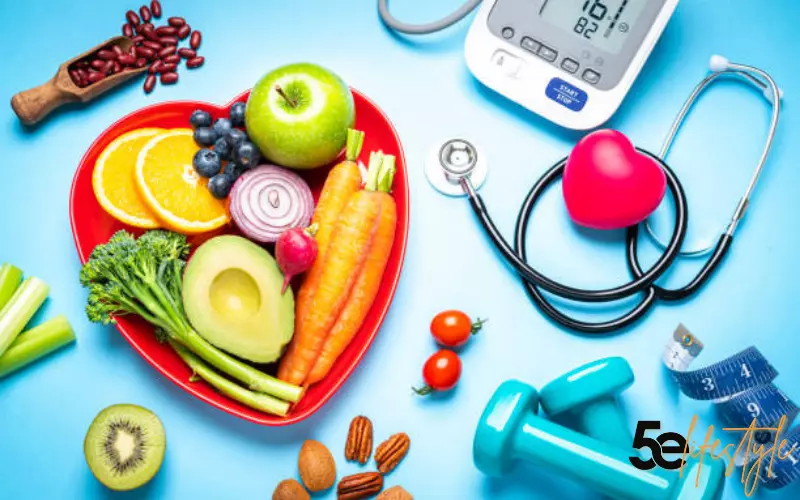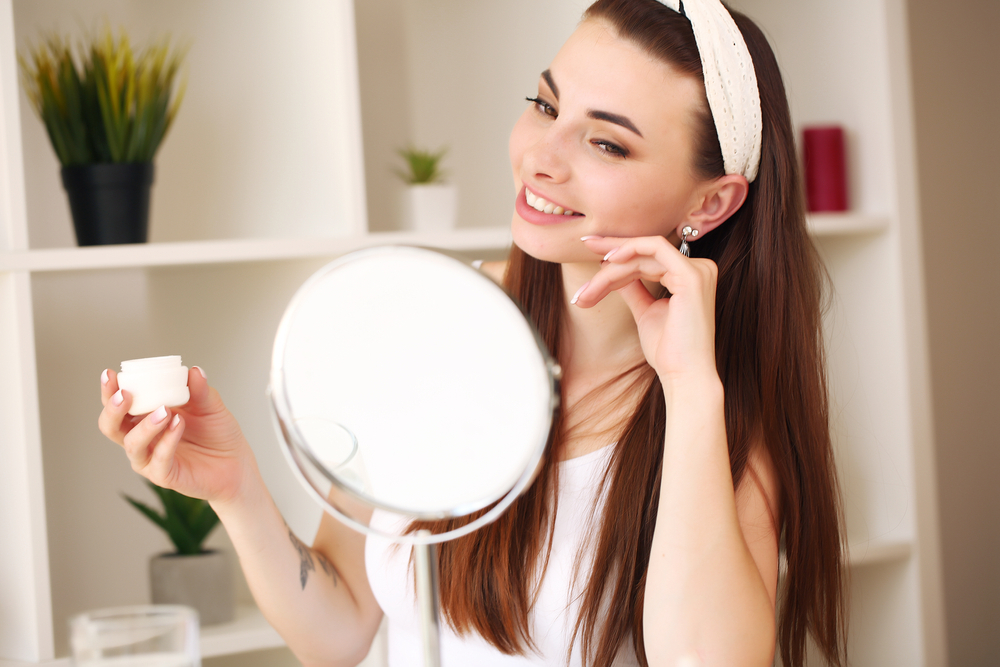Wealth
10 Amazing Dental Health Tips to Always Live By

With 92% of adults experiencing dental decay in their lifetime, cavities are both the most frequently occurring and the most preventable oral health issue in America today. That’s right, cavities are entirely avoidable, but only with excellent oral hygiene habits.
You may have already experienced some cavities, and that’s okay! Luckily, it’s never too late to turn your dental health around. Keep reading for the best dental health tips to help you prevent future decay, gum disease, and emergency trips to the dentist.
Table of Contents
1. Make Sure You’re Brushing Right
Your brushing technique plays a more significant function in your oral health than you think. This is because plaque at and under the gumline does the most damage. So, the next time you brush, ensure you’re targeting that area by angling your toothbrush toward your gums and scrubbing in gentle circular motions.
Gentle is key because you don’t want to cause gum recession with aggressive brushing. You should aim to spend about thirty seconds in each section of your mouth for a total of two minutes.
2. Eat Healthily
Changing your diet is one of the lesser-known dental health tips with the most considerable overall impact. A nutritional study found that those who consumed a high fiber diet had lower rates of gum disease than those whose dietary fiber was low. Eating crunchy, raw fruits and vegetables provides that fiber, but it also naturally scrubs some tartar off while you chew.
3. Don’t Forget About Flossing
Flossing is an integral but oft-forgotten part of an oral hygiene regimen. However, those tight spots between your teeth and the hidden ones below your gum line hold a lot of plaque buildup. By flossing, you can eliminate tartar before it builds up for the freshest and healthiest smile.
4. Stay Hydrated
Your mouth is a delicate ecosystem that needs plenty of salivae to thrive. In addition to antibacterial properties, your saliva maintains a healthy pH level in your mouth to prevent disease and decay. So, to keep your mouth in its optimum hydrated state, it’s essential you drink plenty of water.
Also, when you drink water after meals, you help wash away any food tidbits stuck in the nooks and crannies of your mouth. This, in turn, also contributes to lower levels of plaque and cavities.
And, if you’re a big coffee, tea, or wine drinker, be sure to rinse with water after your beverage to keep unsightly stains at bay. However, don’t worry if you already have some stains. There are plenty of resources on how to whiten teeth and how to keep them that way.
5. Always Brush Before Bed
One of the easiest things to implement for your oral health right away is to commit to always brush your teeth before bed. When you sleep, your saliva production dips, making your mouth more susceptible to cavities. Because of this, it’s extra important for you to rid your mouth of any food and tartar before bed with a good brushing.
Furthermore, this simple act of self-care helps set the mood for bedtime while keeping your smile in tip-top shape.
6. Show Some Love to Your Tongue
When talking about oral health, it’s easy to forget your tongue. However, that’s a mistake because your tongue is host to plenty of foul-smelling bacteria that need your attention. So for fresh breath and the most thorough tartar eradication, brush your tongue every time you brush your teeth.
7. Your Toothbrush Has a Lifespan
This is one of those oral health tips that many are guilty of breaking. Just because your dentist gives you a new toothbrush every six months doesn’t mean you should wait that long before you replace it. Instead, you should use a new brush every three months, or sooner with signs of the fray.
8. The Type of Toothpaste Matters
Fluoride is the most essential ingredient in toothpaste, and it’s also the main one the American Dental Association (ADA) looks for when granting their seal of approval. In fact, only toothpaste that contain fluoride are eligible. This is because of fluoride’s anti-cavity and enamel strengthening properties that have been proven to protect your teeth.
9. Avoid Acidic and Sugary Food and Beverages
A popular science experiment for kids involves examining the effect of sugar and acid on teeth by putting baby teeth in solutions like soda or orange juice. The experiment will inevitably conclude with varying levels of decay in each of the sugary or acidic beverages. That’s because when you consume things like fresh citrus or soda, the acid and carbonation cause the enamel in your mouth to erode, making your teeth ripe for cavities.
Sugary candy and treats likewise cause enamel erosion and potential decay because sugar stimulates the bacteria in your mouth to produce acid, disrupting your mouth’s natural pH.
10. Visit Your Local Dentist Office Twice Yearly
No matter how diligently you brush or floss, nothing replaces going to the dentist at least every six months for a thorough examination and professional cleaning. The reason is that your doctor and hygienist have access to tools and training that allow them to see things invisible to the naked eye and clean deeper than possible with an ordinary toothbrush. Then, if you have any hidden issues, they can be caught and monitored early on instead of when symptoms (like a toothache!) start.
If that isn’t enough to convince you, lure yourself there with the promise of a dental hygiene goody bag at the end.
Follow These Dental Health Tips for a Healthy Smile
Your oral health plays a massive role in the health of the rest of your body. So, by following these dental health tips, you can achieve a healthier smile and better overall health.
However, it’s not always easy to start a new routine. So, to ensure that you commit, pair your new healthy habit with something you do every day. For example, if you’re already brushing daily, that’s the perfect time to tack on flossing.
If you enjoyed this article, be sure to explore more enlightening reads in our Health section.













